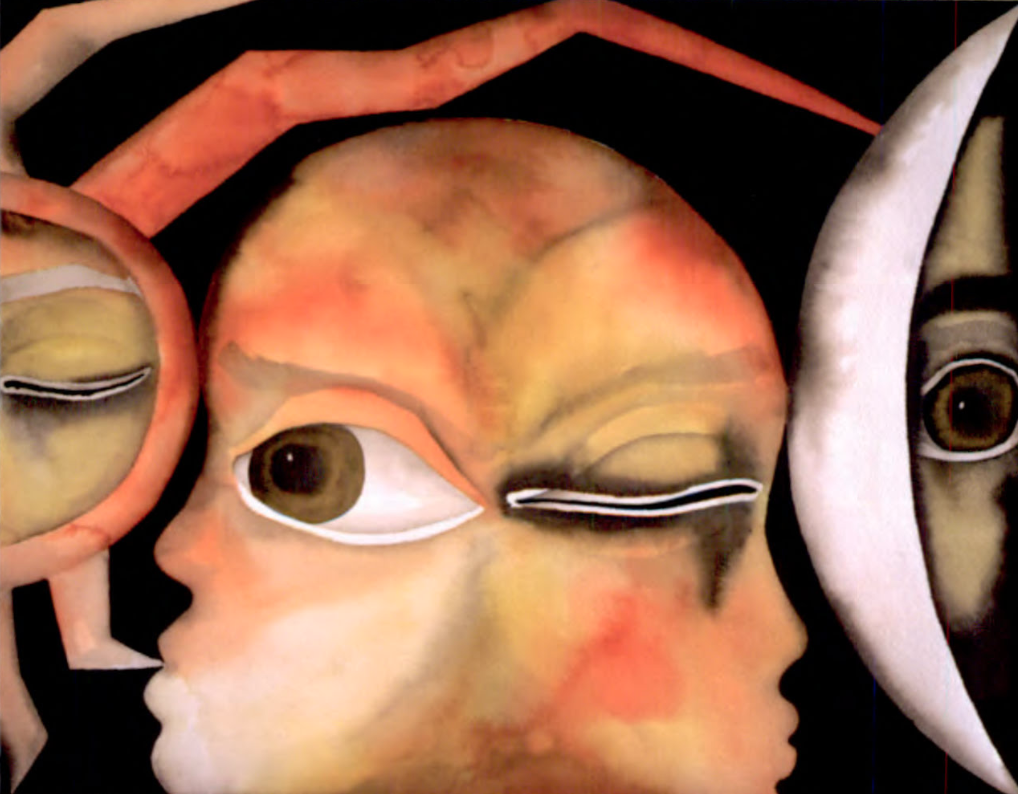On Earth: Last Poems and an Essay
Robert Creeley
University of California Press, $20 (cloth)
When he died on March 30, 2005, at the age of 78, Robert Creeley left a group of poems in a black folder on top of his desk. Collected now in On Earth, this work reveals a journeyman poet writing with unparalleled clarity as he approached that most private of possible thresholds—the end of a sorely loved life. As the culmination of Creeley’s lifelong practice—exacting a syntax responsible to the cadences of natural speech and true to the movements of thought—On Earth looks back through the prism of specific memories and upon the mystery of memory itself. The prevalence of rhyme and the traces of meter in his late style signal a return to the pleasures of childhood song, though Creeley’s is surely not a gratuitous music: the sweetness and light of these last poems was earned in the darkness of the proverbial cave, where one removes oneself from the glare of experience (a long poem explores the caves of Dordogne) in order to come to appropriate terms: “Sun on the edges of leaves / patterns of absent pleasure.” What one realizes in reading On Earth is how personal the writing is and has always been. The essay “Reflections on Whitman in Age,” included at the end of the book, is a deeply moving portrait, not just of an elderly Walt Whitman but also of its author: “In age one is oneself reflective, both of what it has been to live and of what that act has become as a resonance.” Tendering many such insightful moments, On Earth comes to us as the final say of a poet who always spoke with heart-rending accuracy at the edges of the sayable—a writer whose most telling word would appear to be “here.”








